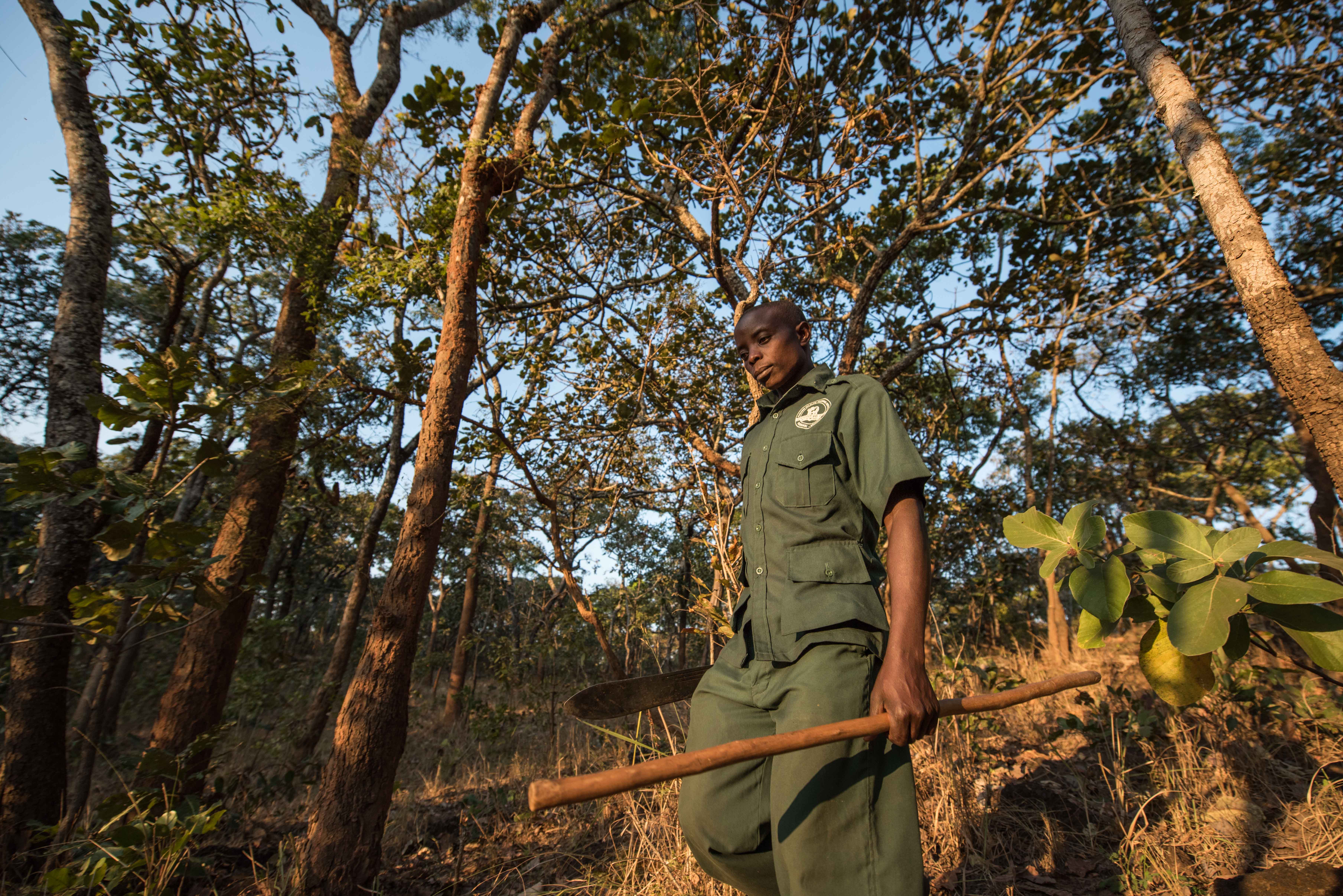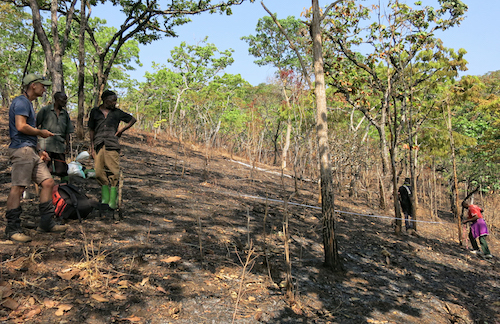


REDD (Reduced Emissions from Deforestation and forest Degradation) projects can link sustainable management of biodiverse forests to economic and livelihood improvements. Using the REDD monitoring framework and methodology for carbon accounting, the forest communities of the Ntakata Mountains are empowered to earn carbon revenues through achieving reduced deforestation rates in the wildlife-rich forests of western Tanzania.
Once a REDD project has been developed and verified it must undergo regular certification to prove that deforestation has reduced and that the resulting carbon credits are real, measurable, permanent and additional. Without certification the carbon credits cannot be sold, putting an end to this revenue stream.
Ownership of the project by the forest communities conducting the forest protection activities is critical to the success of the results-based REDD project.
A team dedicated to the lengthy development and certification process of the REDD project and commitment from the forest communities to uphold their responsibilities for the duration of the contract is fundamental to the success of the project.
Transparency and mutual accountability between project developer and the communities is imperative throughout the development of the project and throughout the execution of project activities.